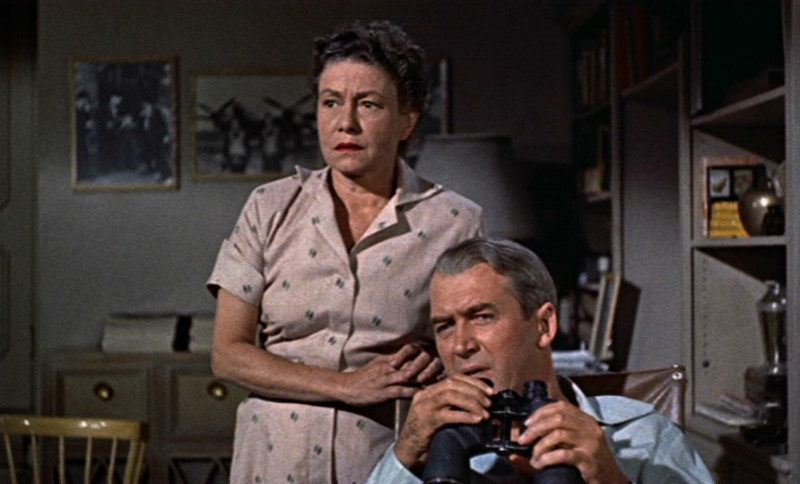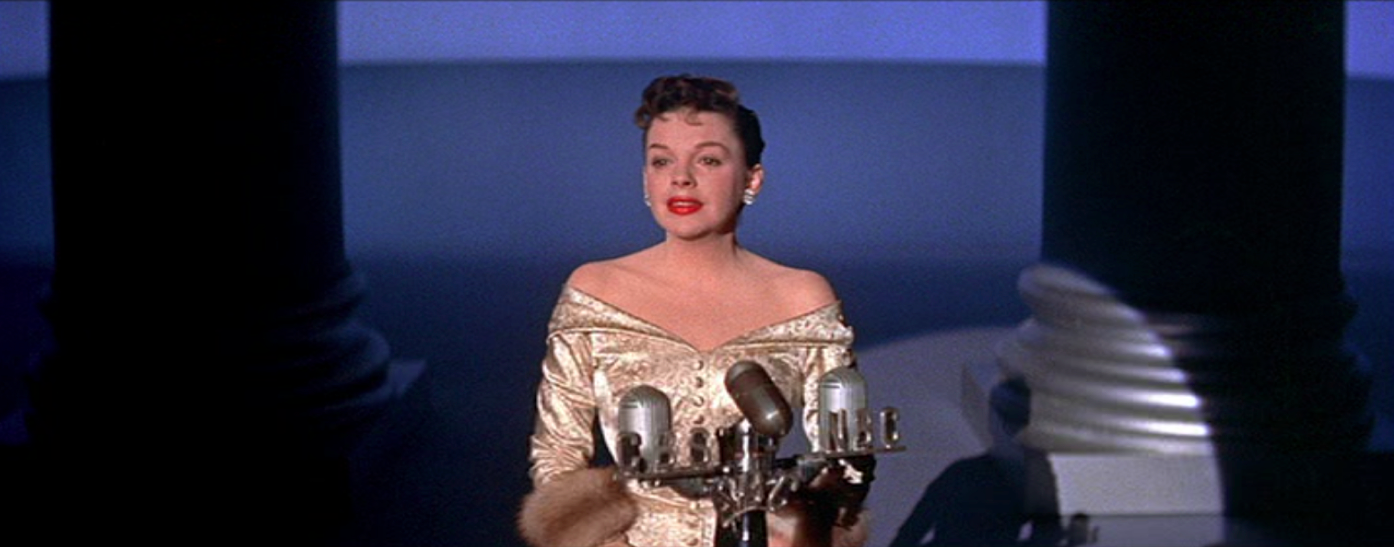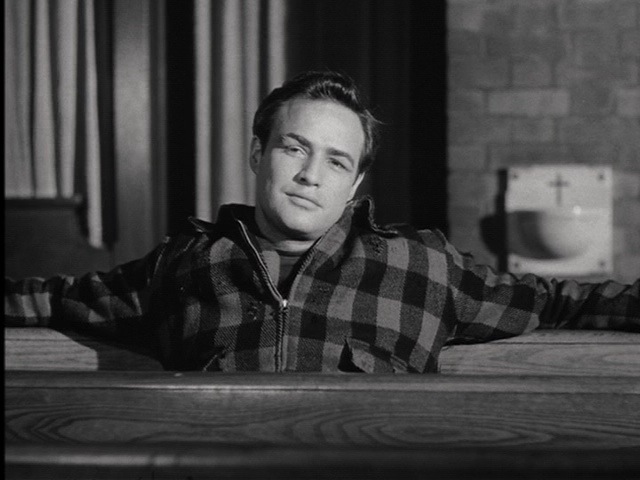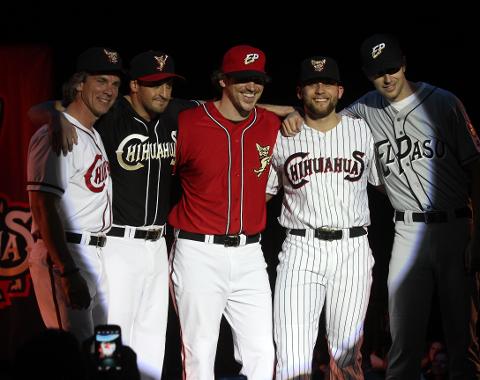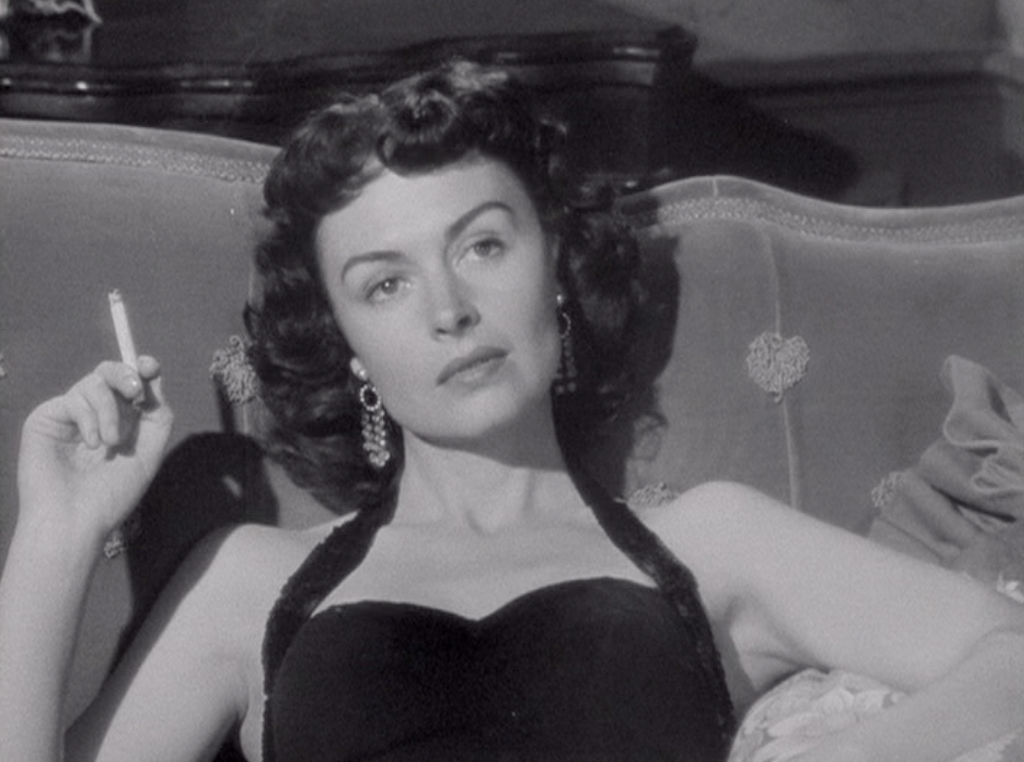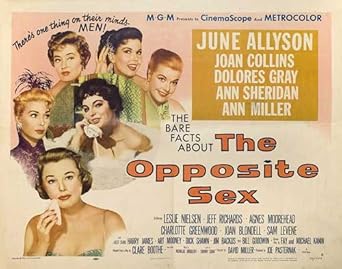GOTHAM: DAMNED IF YOU DO...
I think a better title for the Gotham Season Two premiere episode would be The Seduction of Jim Gordon, because Damned If You Do... shows us that our upright, almost irritatingly moralistic future Gotham City Police Commissioner is not above dealing with the Devil (or The Penguin) to get where he needs to go. Damned If You Do... is a strong beginning for a series that seemed a bit unsure of its direction the last time. We got a shocking amount of violence for a network show (the mind boggles at what Gotham would look like if it was on HBO or Netflix), a great intro for at least the first half of the season, and something we didn't get in Gotham's first season.
Tiny bits of humor.
It's been one month since a violent coup got rid of Dons Falcone and Maroni, as well as pretender to Gotham's underworld throne Fish Mooney. Oswald Cobblepot aka The Penguin (Robin Lord Taylor) is mostly firmly in command, with his able assassin Victor Zsasz (Anthony Carrigan) mercilessly killing anyone his boss orders him to. For all their hard work, Jim Gordon (Benjamin McKenzie) is reduced to street cop, and his partner Harvey Bullock (Donal Logue) has quit the force to become a bartender (apparently, the only fallback for Irish cops). Even his turn as a beat cop doesn't go well for Gordon, as a run-in with crazed 'supervillain' Zaardon the Soul Reaper (David Fierro), a clearly disturbed individual made more disturbed by a concoction given to him, attempts to wreak havoc on the good citizens of Gotham. For his troubles, Gordon is fired by Commissioner Loeb (Peter Scolari) over the objections of Captain Essen (Zabryna Guevara). Only Gordon's relationship with Dr. Leslie "Lee" Thompkins (Monica Baccarin) gives Gordon the slightest glimmer of hope.
Gordon's ex, Barbara Kean (Erin Richards) finds herself the most glamorous and upmarket inmate at Arkham Asylum, where she catches the eye of Richard Sionis aka The Mask (Todd Stashwick), last seen killing applicants Hunger Games/Fight Club-style in The Mask. Also locked up is Jerome Valeska (Cameron Monaghan), who killed his mother in The Blind Fortune Teller and who is a prime candidate as the future Joker. At first disinterested, Barbara soon finds her upper-crust ways can help a girl out in these tough spots, so she forms an alliance with Sionis. Good thing too, because when Zaardon is tossed in with Sionis, Jerome, Barbara, and three others, the poison that seeps out of Zaardon's body affects them, which is just what supervillains want. This group is busted out by Tabitha Galavan (Jessica Lucas), the adopted sister of pillar of Gotham society Theo Galavan (James Frain), who wants the group to form a team of super-criminals. Sionis passes, and then is promptly executed.
Meanwhile, young Master Bruce Wayne (David Mazouz) and his guardian/valet Alfred Pennyworth (Sean Pertwee) are trying to get into the locked room hidden within a secret cave at Wayne Manor. Bruce is determined to open it, even if it means blowing up the door. Alfred at first thinks the whole thing madness, but uses his military expertise to help young Master Bruce. Inside, there is a message from Bruce's father, telling his son that "you can't have both happiness and the truth". Bruce must now make a choice: live his life for himself, or pursue a calling if he so thinks he has one.
Gordon wants to fulfill his promise to Bruce to find out who killed the Waynes, and he wants back onto the force. For that, he needs help, and calls on Penguin to ask a favor. Penguin has no problem making Loeb disappear and reinstating Gordon, but he wants something in return. Someone is refusing to pay a debt owed to Don Falcone under the excuse that because it was to Falcone, he owes nothing to the new King of Gotham. Gordon at first won't be an enforcer, but desperate times push his hand. Ogden Barker (Otto Sanchez) has no intention of giving one red cent to that "fruitcake leprechaun" Penguin, not even to Gordon ('Penguin's Bitch', as Barker calls Jim). Gordon, ruthless to the core, gets the money and kills Barker in the process in self-defense. Penguin, true to his word, puts the squeeze on Loeb to put Jim back on, an idea which Loeb finds revolting. Victor has already dispensed with Loeb's guards in a shocking way for prime-time television, and Penguin has no problem having Victor kill the Commissioner, but a deal is struck.
Commissioner Loeb announces his retirement, with Captain Essen now the new Police Commissioner and James Gordon back to Detective. It's here that Gordon and Thompkins learn that six inmates have escaped Arkham, and one of them is a certifiable crazy WASP broad.
Damned If You Do... has a great deal going for it. The episode balanced two stories: Gordon's return to the Force and Bruce's discovery of what was behind the door. This does mean that other characters do get a bit short-changed (I think Cory Michael Smith's Edward Nygma makes one appearance, as does Camren Bicondova's Selina Kyle), but even in their smaller parts, both did quite well. CMS was strong when he played essentially two characters: the more moral Edward and the more unhinged Edward (whom he sees in the mirror). Right now, that's set-up for his story, but it's enough to leave the viewer interested. Bicondova has presence even though she now appears to be nothing more than Penguin's pet ("It's like having a cat around," he says, and kudos to her for not breaking out in laughter at that).
Speaking of laughter, it is nice to see that Gotham has lightened up slightly. When Bruce tells Alfred he's going to blow up the door, Alfred is aghast. "I wanted to present it to you as a fait accompli", Master Bruce tells his valet. A clearly shocked and agitated Alfred replies, "Don't you start speaking French to me!" As I've always thought of Alfred as highly intelligent, I'm going to put this odd turn of phrase as reaction to shock.
More humor is created when Victor asks Penguin regarding Loeb, "Want me to kill him now?". "No, make him a nice cheese toasty. Yes, kill him now, please," is Penguin's glib reply, almost a frustrated tone as to the sheer idiocy of the question.
It's interesting that Scolari's main claim to fame is in the comedies Bosom Buddies and Newhart, the former where he performed partially in drag and played second banana to future acting legend Tom Hanks. I say it's interesting because Scolari gives a knockout performance: evil without being camp or over-the-top, bringing a smooth, cold menace to Commissioner Loeb until he's threatened by Penguin. It's a really great performance, and it makes one think how terrible that Scolari didn't reach Hanks-like levels because he is just so good throughout his run on Gotham. Almost a shame to see him go.
That high level of acting is what I find most appealing about Gotham. Robin Lord Taylor still brings such cold-blooded menace to Penguin. He's no longer the waddling buffoon of Burgess Meredith or the crazy Danny DeVito version (although both of those are excellent in and of themselves). RLT is instead a criminal mastermind whose only passion is in maintaining his hold on power. He seems almost sincere when dealing with Gordon, as if in a bizarre way Oswald does think of Jim as a friend. Mazouz has a wonderful quality to him as Bruce Wayne, still struggling to find his place and purpose in a world filled with Penguins and moral ambiguity.
His best scene is also McKenzie's best, when Gordon comes to tell Bruce he's been fired from the GCPD. When Gordon tells him he could get back on the force but that it wouldn't be the right way, Bruce has his own reasoning regarding Gordon's reluctance: he'd rather do wrong to others than violate his own narrow moral code, showing Gordon to be in his own way vain and self-centered. "Sometimes the right way is the ugly way," Bruce tells the future Commissioner.
This scene is really very important in the Batman mythos. We see the beginnings of the divide between the vigilante justice Batman uses and the firm upholding of the law that Commissioner Gordon uses. The beginning of the schism between Bruce and Jim begins here, with Bruce starting to think that perhaps the ugly way is the right way, and Gordon not wanting to do that.
Damned If You Do... also has great turns from Richards and Monaghan as the future criminals in what promises to be a major story arc for the first half of the season. Richards' Barbara has pretty much been reviled for her whiny WASPy manners, but now her craziness is her defining characteristic: her opportunism, her obsession to get back (with or at) Jim. Richards' Babs now makes for a more interesting creature than the blank nutjob we saw for most of Season One.
Whether Jerome IS the future Joker or not remains to be seen (Gotham is teasing us endlessly about the prospect), but Monaghan is playing Jerome's evil to the hilt. It is drawing heavily on Heath Ledger's version, but it will be interesting to see if Monaghan makes Jerome his own. Frain, of the cancelled-too-soon The Cape and from The Tudors (where he played another master villain, Thomas Cromwell), gives us an interesting glimpse of the evil lurking within Theo. Obviously, we're not going to get much information now, but we get just enough to keep us interesting.
Curiously, this episode is so far the only one within memory to have a touch of sunshine appear in our perpetually gloomy, cloudy, city. It also features the dismembered head of one of Loeb's security detail, Victor holding up the head and even opening the mouth as if he were talking. I was shocked at the graphic nature of this moment, and it reminded me of why I don't consider Gotham particularly family-friendly, the Batman connection notwithstanding. I'm sure pay stations would have been more graphic, but the ISIS-like moment was a bit jarring given the already-general mayhem the show deals with.
I also wonder whether the term "fruitcake" could imply or was meant to imply not just that Barker considered Penguin crazy, but a jab by Barker about Penguin's potential sexual preferences. Penguin has had no interest in women apart from his mother, certainly no sexual interest that has been shown on screen. Granted, he's never shown sexual interest in anyone, so whether Penguin is gay is speculation (and irrelevant as well). Gordon has shown sexual interest in women, so has Edward Nygma and Bruce Wayne (despite their virginities), and Bullock most certainly has. Penguin, however, has never shown any sexual interest one way or another. Last season, he even made a comment to his mother Gertrude that no 'painted lady' could lure him away because he doesn't even date. I found the use of the term 'fruitcake' curious to say the least, saying perhaps more than what was meant to be said. The fact that RLT is openly gay makes the use of "fruitcake" more curious.
I just wonder why the term 'fruitcake' was used when 'nutjob', 'cuckoo bird', or 'wackadoodle' among others would have conveyed the same meaning without suggesting something else. That is, unless that something else (that Penguin is gay) was the intended suggestion.
Still, Damned If You Do... gives us what a good opening episode should give: a reintroduction to the characters, introductions to new ones, and the beginnings of what hopefully will be a solid story that will develop instead of the rush of villains we had last season.
Well, I'll be...
9/10
Next Episode: Knock, Knock




.jpg)




